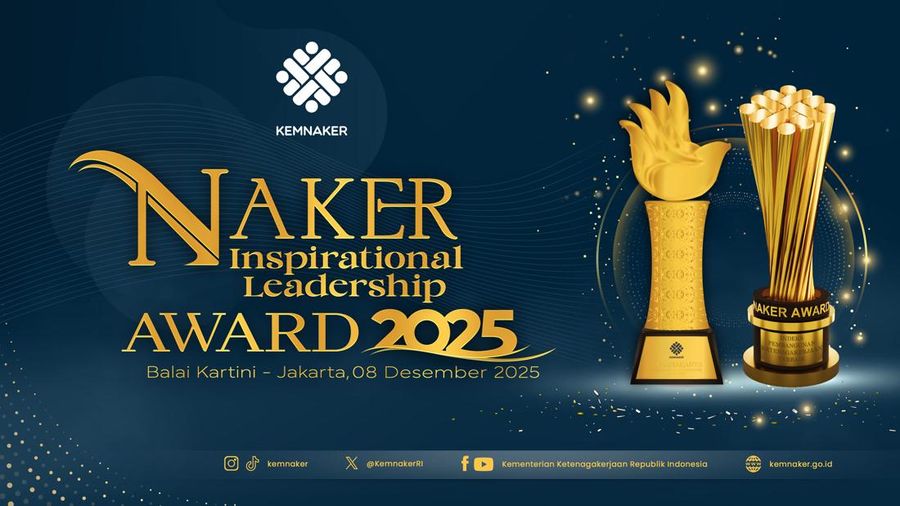The Justice Department’s use of diversity, equity, and inclusion (DEI) guidelines has unexpectedly become a central issue in Boeing Co.’s criminal plea deal. The deal, intended to address Boeing’s liability in two tragic 737 MAX plane crashes, has taken a controversial turn as U.S. District Judge Reed O’Connor demands clarity on the DOJ’s DEI-based monitor selection criteria. Judge O’Connor’s insistence on a detailed justification from the DOJ by Friday has brought Boeing’s plea process to a halt, as questions over DEI’s role in federal oversight take center stage in this Texas court.
This new legal front comes after the DOJ agreed to a plea arrangement with Boeing, promising to appoint an independent monitor to oversee Boeing’s operations during a three-year probation period. Boeing has agreed to undertake a series of compliance reforms under this oversight, a move aimed at restoring its standing after years of safety concerns, public criticism, and executive turnover. For Boeing, reaching a swift resolution in this case is critical to its ability to move forward with confidence and reassure regulators, investors, and the public of its commitment to safety.
Judge O’Connor’s inquiry into the DOJ’s use of DEI considerations for monitor selection may delay the plea’s approval. DEI has been a standard component in DOJ’s selection policies since 2018, encompassing diversity of race, gender, and other identity factors to promote fairness and representation in federal oversight. Yet, for Judge O’Connor, the application of such criteria in this context raised concerns of potential bias. His pointed questions during an October 11 hearing in Fort Worth, including what “diversity” implies in the monitor selection process, challenged the DOJ’s rationale for incorporating DEI as part of corporate monitoring agreements.
DOJ prosecutor Sean Tonolli explained that DEI standards do not involve selecting less qualified candidates but aim to create a fair and representative system. Judge O’Connor, however, appeared unconvinced, pressing further on whether DOJ policies had previously excluded individuals based on identity attributes. This questioning aligns with Judge O’Connor’s record as a conservative judge appointed by President George W. Bush in 2007, known for rulings that have influenced the national landscape on several contentious issues.
In previous cases, Judge O’Connor has notably struck down portions of the Affordable Care Act and issued rulings affecting LGBTQ rights, making him a pivotal figure in debates over policy-driven federal mandates. His examination of DEI within the Boeing case could set a precedent impacting how diversity policies are applied in federal criminal oversight more broadly, with the DOJ’s DEI standard potentially at stake.
For Boeing, the delay is yet another obstacle in a period of significant challenges. The company has faced regulatory investigations, public relations crises, and operational hurdles since the 737 MAX incidents. The plea deal with the DOJ represents Boeing’s attempt to regain stability, but an extended legal battle over DEI policies could postpone its recovery. Boeing’s leaders have remained focused on implementing the reforms laid out in the DOJ agreement and have declined to comment on the DEI challenge directly, underscoring the sensitive nature of this case.
The DOJ, meanwhile, is tasked with defending DEI practices in the face of conservative legal challenges. This case may influence how corporate monitoring and DEI policies intersect in future agreements, affecting not only Boeing but potentially shaping the DOJ’s framework for ensuring fair representation in federal compliance roles. As the Friday deadline approaches, the outcome of this debate remains uncertain, with high stakes for Boeing, the DOJ, and the broader application of DEI policies in corporate governance and government accountability.






